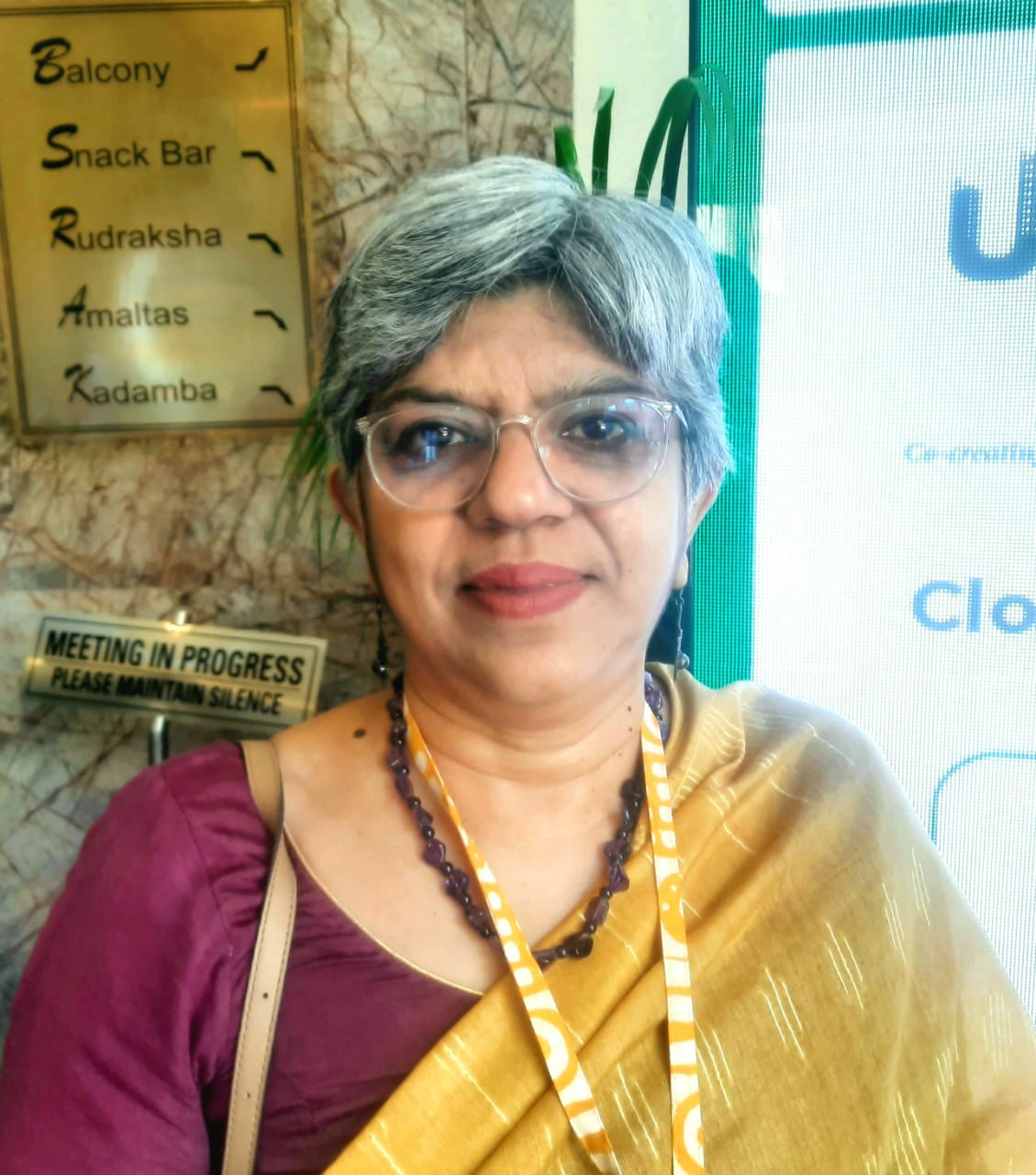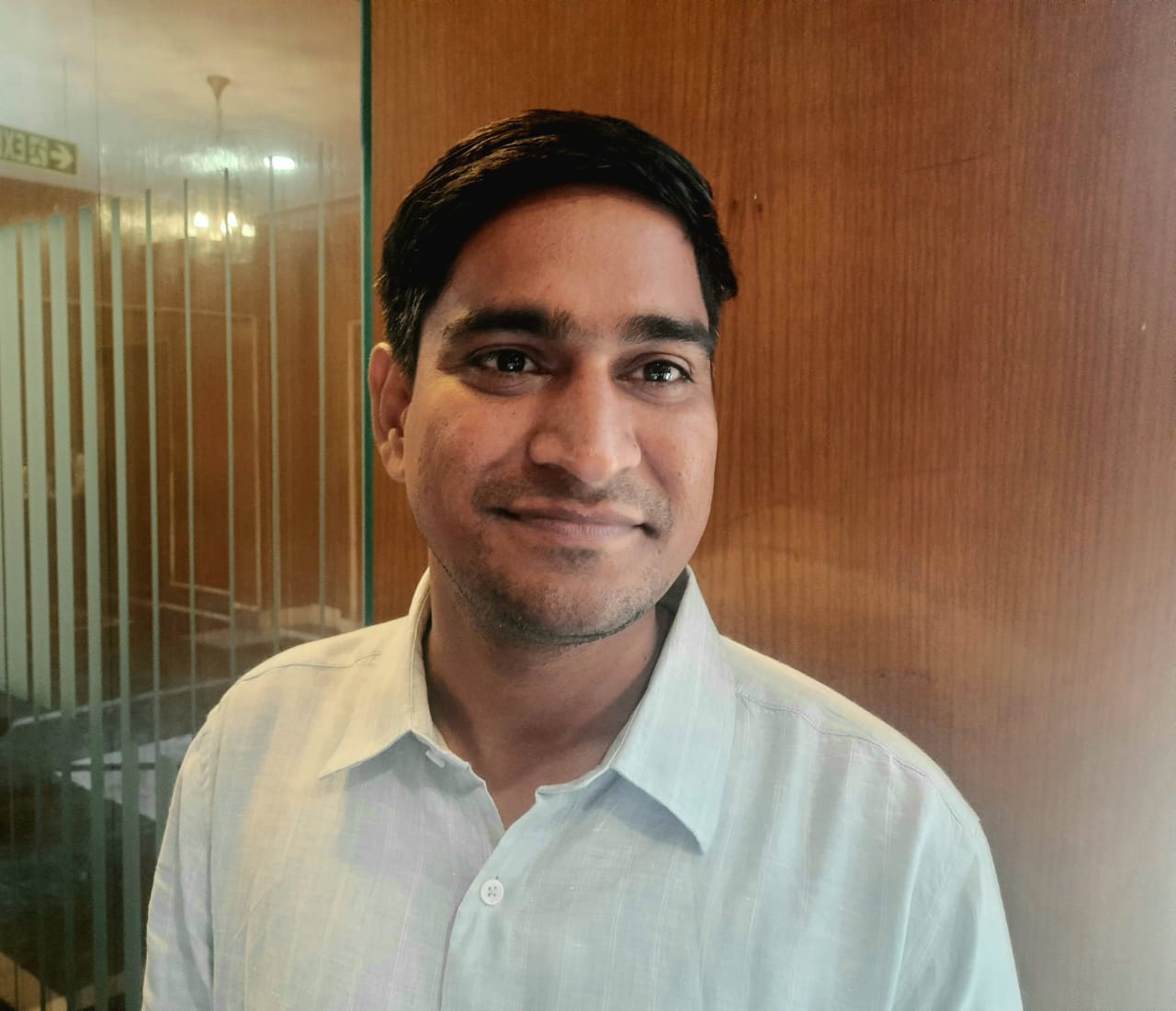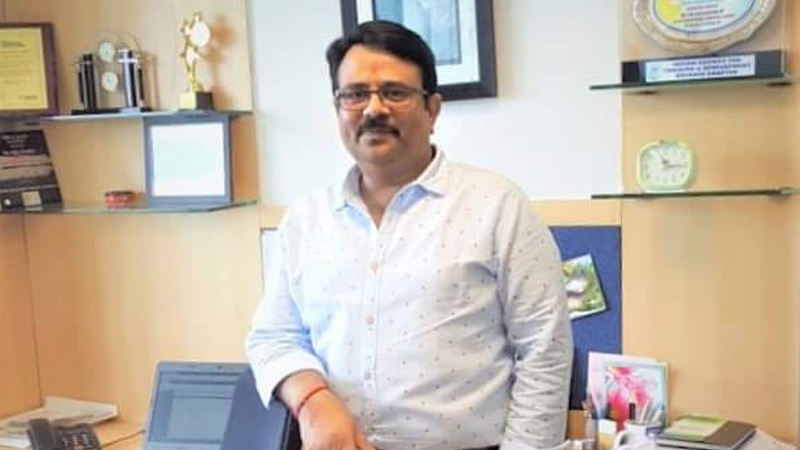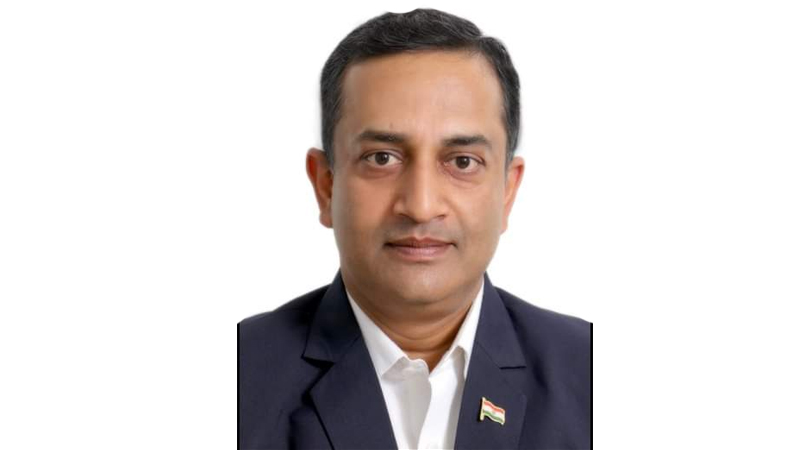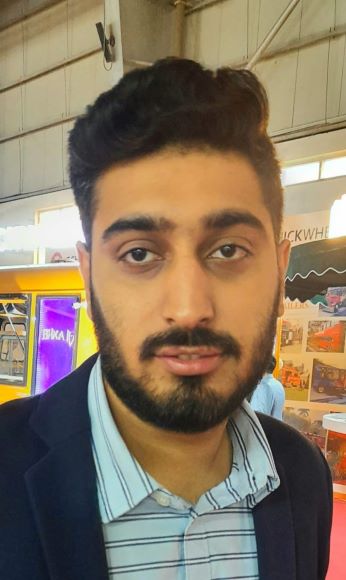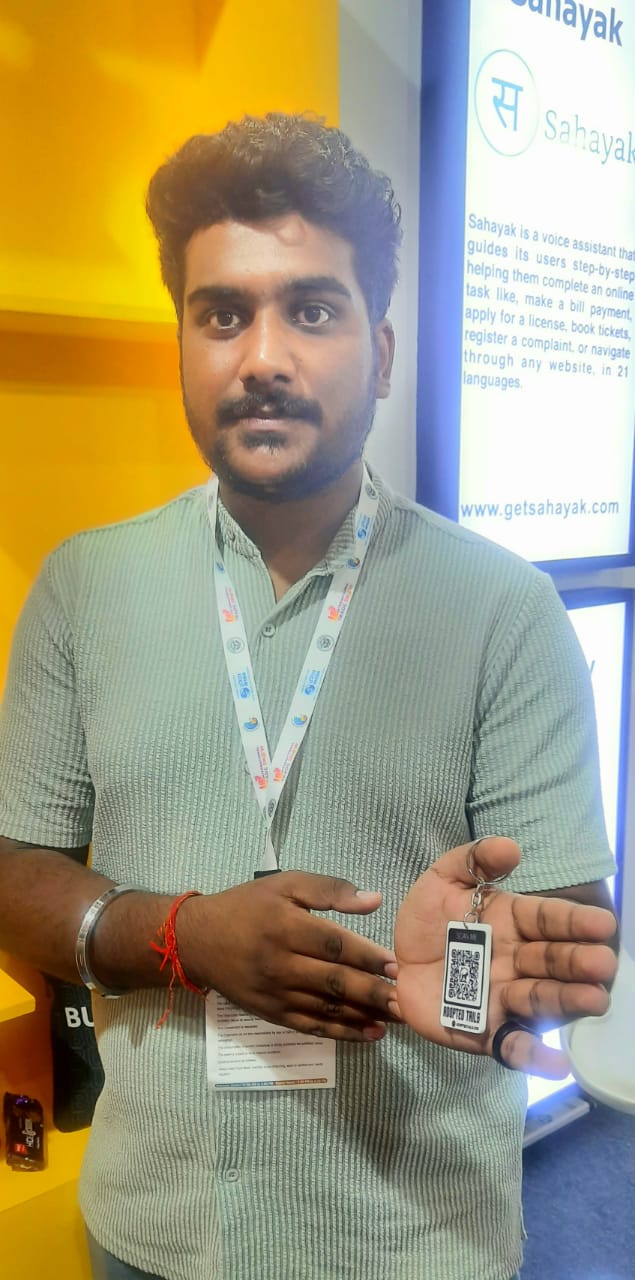MakeMyTrip stands at the forefront of India’s online travel industry, transforming how people plan and book their journeys. It delivers a broad spectrum of services, including flights, hotels, holiday packages, and bus and train bookings. The company excels with its user-centric platform and cutting-edge technology, offering tailored travel solutions to meet diverse customer needs. By prioritizing customer satisfaction and leveraging strategic partnerships, MakeMyTrip has cemented its position as a trusted leader. Its commitment to streamlining travel planning and enhancing the overall travel experience drives its ongoing expansion and innovation. As MakeMyTrip continues to advance its digital solutions, it remains the preferred choice for travellers across India.
In an exclusive conversation with The Interview World, Rajesh Magow, Co-founder and Group CEO of MakeMyTrip Limited, highlights the tourism industry’s recovery from the challenges of COVID-19. He elaborates on the driving factors behind the sector’s success, shares insights into how disruptive technologies are redefining the future of tourism, and explains how MakeMyTrip is leveraging GenAI to tackle the complexities of itinerary planning. Here are the key takeaways from his insightful interview.
Q: How has the tourism industry adapted to and recovered from the challenges posed by COVID-19?
A: The tourism industry’s resilience has been nothing short of remarkable, demonstrating its ability to adapt and thrive despite unprecedented challenges. As we leave the turbulence behind, we are now firmly entering a phase of robust growth. The future appears exceptionally bright, driven by several key factors.
First, the economy’s microdrivers, such as increasing disposable incomes, improved infrastructure, and the rise of digitalization, are fueling optimism and demand across the nation. The industry has also undergone a fundamental shift in understanding that people, not businesses, drive success. This people-centric approach has become crucial in shaping travel experiences.
When individuals decide to travel, the onus now lies on the tourism industry to meticulously plan their journeys and deliver unparalleled services. The resilience we’ve witnessed can be attributed to a combination of strategic agility, technological innovation, and a renewed focus on customer-centricity, enabling the industry to withstand and recover from the profound impact of COVID-19.
Q: What do you consider to be the key drivers behind the success and growth of the tourism industry?
A: To understand the macro drivers of international travel, you don’t need to focus on India’s entire population of 1.4 billion. Instead, concentrate on the top 4% to 5%. Let me explain. India has experienced robust GDP growth for several years, and this trend is expected to continue. As a result, incomes are rising, and a significant segment of the population—about 40 to 60 million people—now earns over $25,000 annually. This group represents a substantial market opportunity. They aren’t just capable of taking a single international trip; many can afford multiple trips each year, in addition to frequent domestic travel.
This opportunity is expanding. The disposable income within this cohort is plentiful. Since COVID-19, we’ve observed a marked increase in the propensity to spend on travel. While COVID brought few silver linings, it did instill a sense of urgency to experience life more fully. As a result, the frequency of travel has surged.
The market outlook is promising, with growth projections consistently pointing upward. Beyond leisure travel, business travel has also made a strong comeback. Contrary to early pandemic predictions, which suggested that Zoom and video conferencing might replace in-person meetings, we now see a resurgence in business travel, both inbound and outbound. With borders reopening and operational hurdles diminishing, people are eager to return to face-to-face interactions. Business travel is back, and people are increasingly seeking new travel experiences.
Q: How do you envision disruptive technologies reshaping the future of the tourism industry?
A: The potential of this new technology is immensely promising. It’s set to enhance customer experience, boost industry productivity, and drive greater efficiency. The outlook is overwhelmingly positive.
Consider a specific example: the technology’s application in travel planning, particularly in destination searches. Currently, search processes are time-consuming, requiring users to navigate multiple platforms, know where to look, ask the right questions, and sort through information. Consumers demand a more user-friendly experience that delivers quick, accurate results.
This technology addresses that need. It can navigate the entire web and present a concise summary of the information you’re seeking, regardless of the data sources. The power of this capability is truly remarkable.
However, two key challenges persisted with earlier models—latency and accuracy. Users expect immediate answers to their queries. Microsoft and Google are actively working to overcome these issues, and they’re making significant progress with each passing quarter.
Q: Curating personalized itineraries is a significant challenge in the travel industry. How is MakeMyTrip utilizing AI to streamline this process and enhance the travel experience for its customers?
A: The focus is shifting from AI to Generative AI (GenAI) because AI has been around for many years. Many companies have utilized AI to enhance customer experiences, but GenAI stands out as exceptionally powerful. Unlike previous technologies like blockchain and the metaverse, which often failed to deliver on their hype, GenAI is making a real impact. This technology is set to transform our lives positively, despite the usual challenges associated with new innovations.
GenAI promises significant advancements, particularly in customer experience enhancement. Traditional trip planning has been cumbersome for consumers, despite efforts from platforms like MakeMyTrip. The challenge often begins with booking and extends to planning, where personalized and curated content has not always met expectations.
We are developing a product called “Ask Me Anything,” which will soon integrate with GenAI to improve trip planning. This tool aims to provide more intelligent, relevant, and interactive planning experiences. While rudimentary versions of such tools exist, our goal is to make them more sophisticated and user-friendly. The rapid evolution of large language models, including the transition from older versions to the new 4.0, underscores the significant progress in this field.
Our focus is on integrating planning and booking processes seamlessly. For instance, if a user interacts with a chatbot to find an itinerary, we must ensure a smooth transition from planning to booking. We are working on this integration to enhance the overall user journey, with a strong emphasis on personalization.
Data is the true driving force behind GenAI. Without robust data management and collection, leveraging AI effectively is impossible. Companies must prioritize data to harness the full potential of GenAI. At our company, we manage data from approximately 75 million customers, which we use to personalize experiences and improve our services. In summary, GenAI is a game-changer, offering real and promising advancements. However, success depends on effective data management and integration of technology into user experiences.




